In fight against T-Mobile, lawyers emerged $78 million richer while customers only got $25
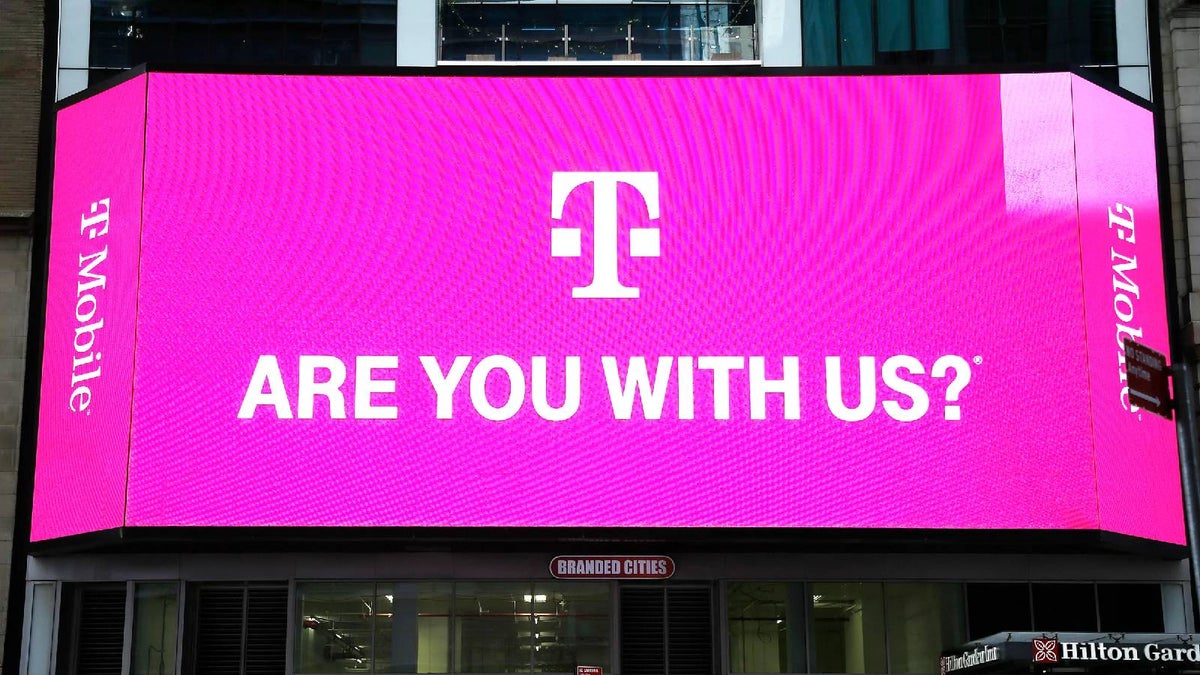
The payment that lawyers charged for representing victims of the 2021 T-Mobile data breach is being challenged in a US appeals court.
In 2022, T-Mobile agreed to pay $350 million to settle the lawsuit filed by victims of the data leak. The leak included information like names, addresses, and social security numbers. It impacted an estimated 76.6 million T-Mobile customers.
The settlement was supposed to pay for claims from class members as well as legal fees and administrative costs. Class members were to receive a payment of $25, or $100 in case they were from California. Some could get as much as $25,000 for out-of-pocket losses.
The lawyers representing the people who initiated the lawsuit were expected to seek fees of up to 30 percent.
Ultimately, the lawyers representing the plaintiffs asked for $78 million in legal fees and some attorneys are now objecting to that. According to a new report, the attorneys want the court 'to throw out the "windfall" award,' saying that it made up a disproportionate share of the $350 million fund.
A judge in Kansas City, Missouri, granted 22.5 percent of the $350 million fund to class lawyers, dismissing objections from challengers at the lower court.
During the recent hearing, the judges' panel listened to both sides to determine whether the objections were in "bad faith" or based on genuine concerns. Bradley Wilders, one of the class attorneys, accused the challengers of being "serial" class action objectors and said they were driven by their own financial interests. Wilders had earlier revealed that the class counsel had spent 9,100 hours on the litigation.
Meanwhile, John Binns, the American citizen responsible for the data breach has been arrested in Turkey and is in the process of being extradited. He was indicted for breaking into T-Mobile systems last year and was trying to get Turkish citizenship to make it difficult for US authorities to get him extradited.
In 2022, T-Mobile agreed to pay $350 million to settle the lawsuit filed by victims of the data leak. The leak included information like names, addresses, and social security numbers. It impacted an estimated 76.6 million T-Mobile customers.
Ultimately, the lawyers representing the plaintiffs asked for $78 million in legal fees and some attorneys are now objecting to that. According to a new report, the attorneys want the court 'to throw out the "windfall" award,' saying that it made up a disproportionate share of the $350 million fund.
This is exactly the kind of case that causes the public to scoff at class actions. My client gets 25 bucks and these attorneys are walking away with $7,000 to $10,000 per hour." - Attorney Robert Clore
A judge in Kansas City, Missouri, granted 22.5 percent of the $350 million fund to class lawyers, dismissing objections from challengers at the lower court.
Meanwhile, John Binns, the American citizen responsible for the data breach has been arrested in Turkey and is in the process of being extradited. He was indicted for breaking into T-Mobile systems last year and was trying to get Turkish citizenship to make it difficult for US authorities to get him extradited.
Follow us on Google News




![Some T-Mobile users might be paying more starting in March [UPDATED]](https://m-cdn.phonearena.com/images/article/176781-wide-two_350/Some-T-Mobile-users-might-be-paying-more-starting-in-March-UPDATED.webp)
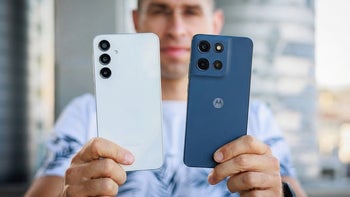




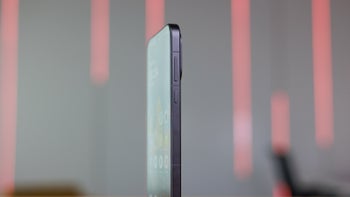

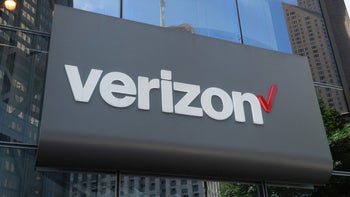
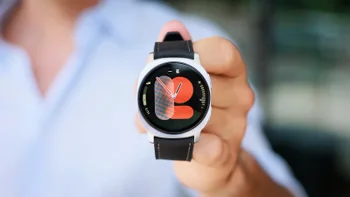
Things that are NOT allowed:
To help keep our community safe and free from spam, we apply temporary limits to newly created accounts: